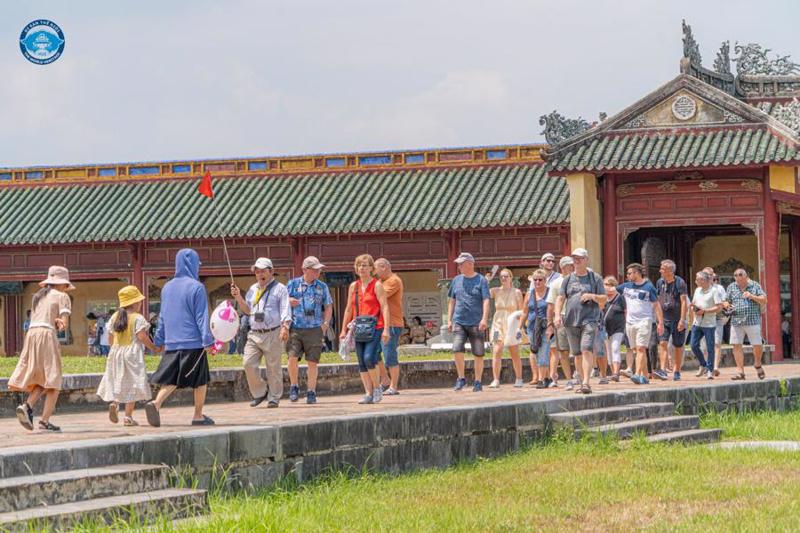After three years of pandemic-related disruptions, Vietnam's tourism businesses continue to face challenges. While international arrivals have increased, the growth has not fully met expectations. Meanwhile, regional competitors like Thailand, Malaysia, and Singapore are accelerating efforts to attract international visitors by easing visa restrictions.
Adapting to Post-COVID Realities
Industry experts highlight the need to analyze Vietnam's international visitor data to determine the proportion of genuine tourists and their spending patterns. This information will help tourism businesses and authorities gain a clearer understanding of revenue generation within the sector.
Recent visa policy changes have been welcomed, leading to longer itineraries that include Cambodia, indicating increased competitiveness with neighboring countries.
At the Prime Minister's recent conference with the FDI business community and the annual Vietnam Business Forum (VBF), Denzel Eades, Vice Chairman of the British Business Association in Vietnam (BritCham), emphasized the need for Vietnam to adapt its visa policies to the post-COVID reality. He recommended visa waivers for key markets like China, India, Europe, Australia, New Zealand, Canada, and the US, as well as considering long-term stay visas for those interested in retiring in Vietnam.
Gabor Fluit, Chairman of the European Business Association in Vietnam (EuroCham), echoed the need for visa exemptions for all EU member states, special visas for conferences and events, and streamlined immigration procedures to boost Vietnam's appeal for tourists and investors.
Sungroup representative Phan Thi Thuy Dung expressed hope for further improvements in visa policy to attract new markets and compensate for the loss of large traditional markets like China and Russia. She suggested short-term visa exemptions (6 months to 1 year) for potential, high-volume markets like China and India.
Steps Toward Diversification
Prime Minister Pham Minh Chinh's recent directive outlined steps to promote comprehensive and sustainable tourism development. These include piloting border visas, online entry/exit procedures using facial recognition, and expanding the unilateral visa exemption list. The Prime Minister also highlighted the potential for short-term and long-term multiple-entry visas to attract high-spending tourists and retirees from target markets.
The Vietnam Tourism Advisory Council has proposed expanding the unilateral visa exemption list to include 33 additional countries. The Council's recommendations are based on criteria such as high potential for tourist arrivals, spending power, strong diplomatic relations, and well-developed trade and investment ties with Vietnam.
Optimism for the Future
Hoang Nhan Chinh, Head of the Secretariat of the Vietnam Tourism Advisory Council, believes a more favorable visa policy will contribute to attracting international visitors. He emphasizes that this is a short-term solution, with medium and long-term efforts needed to address internal issues within the tourism industry, such as promotion, digital marketing, product diversification, destination management, and human resource development.









 Google translate
Google translate